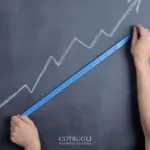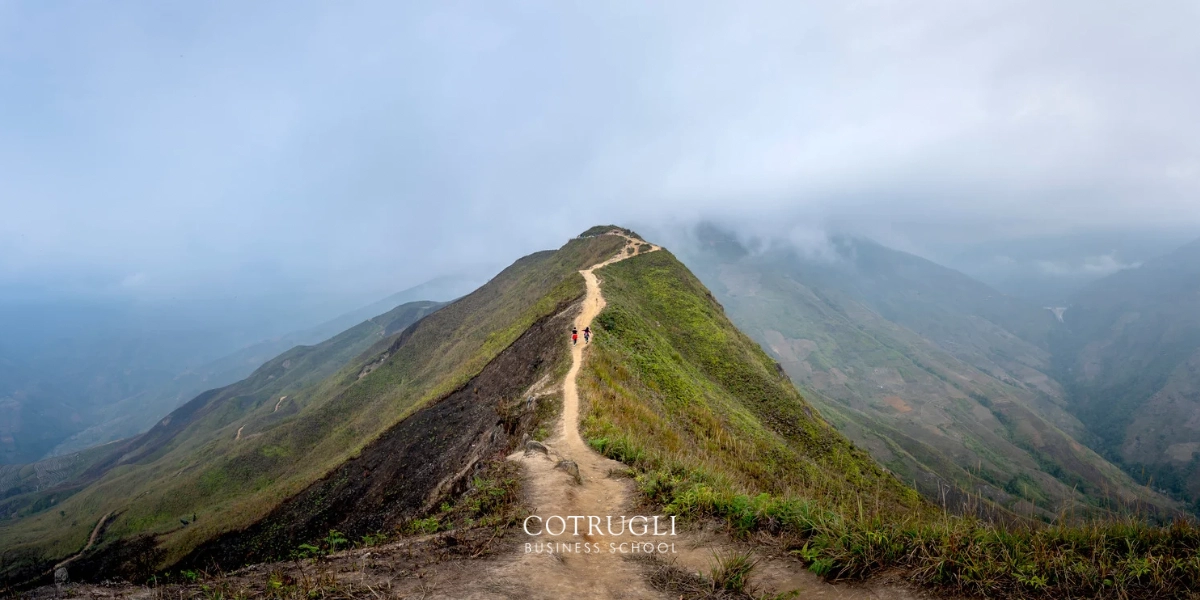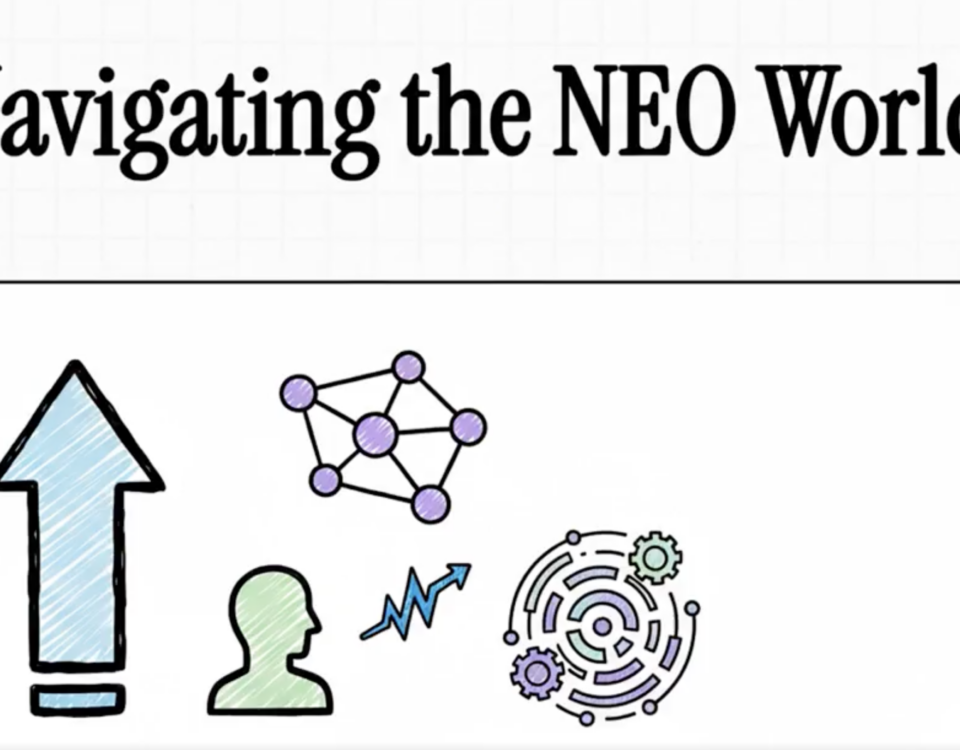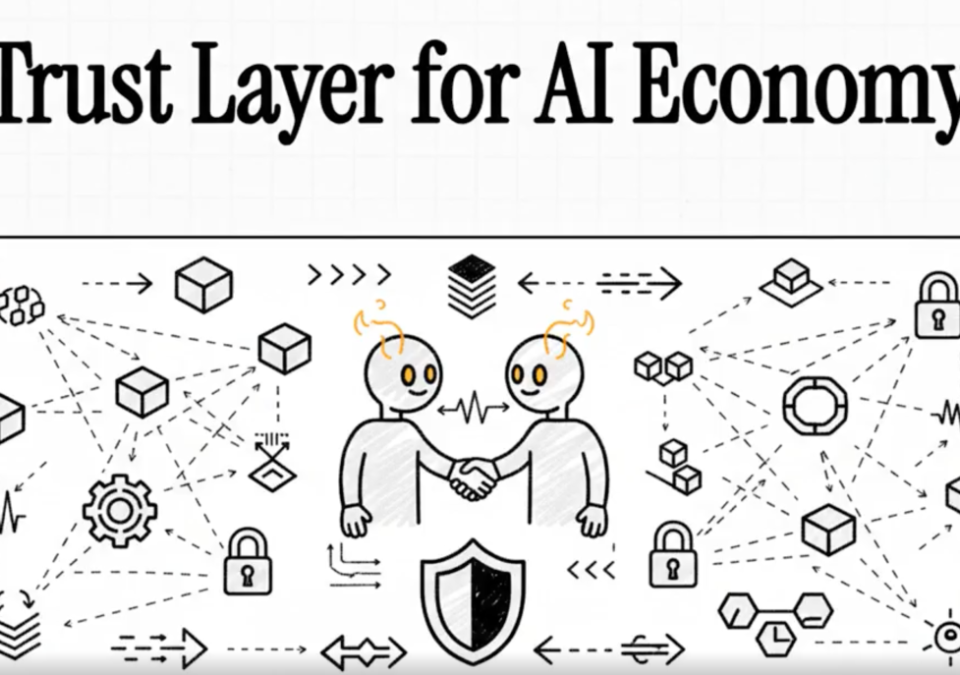
How Many Strategic Plans Does Your Company Need?
13/09/2023
Success: What It Means and How to Measure It
18/09/2023
Many Masters, One True Path
This is a world of many masters. There are webmasters, harbor masters, and gang masters. Most of us remember our headmasters. You can study for years and earn a Master’s Degree or become a Master Craftsman through apprenticeship. Some follow a spiritual path and are eventually seen as Spiritual Masters. Yet true spiritual masters often reject such titles. They know labels easily become false identities and contradict the essence of genuine spiritual wisdom: you are not your title.
The Path of the Slave
In our previous reflection, we explored how many of us walk the path of the slave. This doesn’t mean servitude to a person but rather enslavement to our attachments. When we cling to things, people, or outcomes, we surrender our inner freedom. Any shift in those attachments can trigger emotional disturbances—anxiety, disappointment, or suffering. Raised in a culture that normalizes emotional rollercoasters, we accept this as life. Marketing reinforces it, persuading us that happiness lies in acquisition and comparison. Few of us pause to ask: is there another way to live?
Rethinking Detachment
At first, detachment may appear cold or indifferent. But ask any spiritual master or consult any spiritual tradition, and they’ll affirm the opposite: lasting happiness comes not from clinging but from letting go. Detachment allows space for genuine love and freedom. We glimpse this truth during acts of selfless giving—when joy arises not from what we get, but from what we give. Real contentment begins when we shift from holding on to letting go.
The High Cost of Attachment
Even economic and political leaders acknowledge that our financial crises stem from greed and attachment. Debt—a symptom of overreaching—reflects our internal lack. We pursue more, driven by a mistaken belief that fulfillment lies outside. This is the hallmark of the slave path: always reaching, never arriving.
The Master’s Way Begins with Determination
The path to mastery, or more accurately, self-mastery, begins with a choice. True masters understand their lives are determined by them. Their state of consciousness, their outlook, their actions—these are within their control. They recognize the ego as the only real enemy, born the moment we forget who we truly are and start identifying with titles, roles, and possessions.
Determination
To live consciously is to reject victimhood and accept full responsibility. While destiny is often thought of as external (career, wealth, recognition), true destiny lies in the quality of our thoughts, emotions, and awareness in the present moment. When negative feelings arise, the master investigates—not outwardly, but inwardly—tracing discomfort back to false identification.
Disidentification
We all misidentify at times. We lose ourselves in objects, roles, even sports teams. Consider fans who celebrate or despair based on a game’s outcome. Their self-worth is tethered to their team. This cycle of excitement and letdown isn’t true joy—it’s emotional addiction. Marketing plays into this, encouraging us to attach our identity to brands and ideals. But the master learns to drop these illusions. They know who they are—and who they are not.
Detachment
Detachment isn’t coldness—it’s compassion without entanglement. Imagine a friend shares anger over a conflict at work. A reactive friend mirrors their rage. But a true friend listens calmly. This “detached involvement” doesn’t dismiss emotion; it holds space for healing. It helps the other person find clarity without judgment. From this inner stillness, true care and wisdom emerge.
Discernment
The intellect—our inner eye—guides our decisions. But emotional fog distorts this vision. Anger, for instance, stems from unmet expectations we attach to others. When we detach from those expectations, clarity returns. Many have dulled their intellects through years of reactivity. The master clears this fog through reflection, silence, and contemplation. They tune into their deepest values rather than reacting to surface-level emotions.
Decisions
Masters don’t rely solely on thought. Over time, their decision-making shifts from rational analysis to intuitive clarity. They trust the guidance that rises from within. Like a seasoned sailor sensing the ocean through the tiller, the master “feels” their direction. They align decisions with their highest values—not from habit or pressure but from wisdom. This intuitive process deepens as they shed false beliefs and egoic desires.
Direction
Worldly direction becomes secondary to inner alignment. The master focuses not on what they achieve, but on how they live. Their thoughts, actions, and intentions reflect their true self. While the slave pursues success, the master gives freely of their inner wealth—love, truth, presence. And as they do, life mirrors back that quality. They don’t seek to acquire the best, they give their best.
Stepping Out of the Slave System
Most people accept the culture around them without question. The self-master digs deeper, challenging the assumptions and values of that culture. They see that much of modern life is built on misidentification—trying to be something we are not. This chase creates suffering, conflict, and inner emptiness. It’s not living—it’s surviving.
The master doesn’t fight the system; they transcend it. They live with quiet authenticity. Their actions, rooted in truth, influence the world without force. And if fear still lingers—fear of not being seen, not being enough—it’s a sign the ego still clings. True mastery begins when that fear dissolves.
Question: What part of this message speaks to you the most—and why?
Reflection: Write that insight at the center of a blank page. Let your thoughts branch out around it. What personal realizations follow?
Action: Choose two simple behaviors you could start today that reflect the wisdom in this piece. Put them into practice this week.
Written by our professor Mike George.




